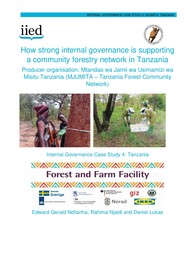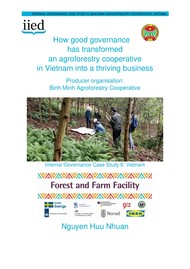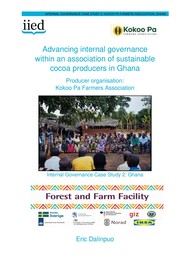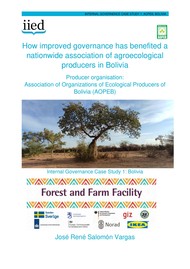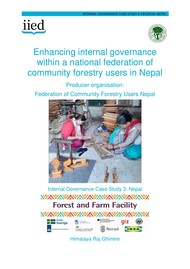Empowering producer women through peer-learning and mentorship

This case study was prepared for the first of a virtual dialogues series to advance gender equity through a women's producers' exchange platform. This space brings women-led or majority women forest and farm producer organisations together to support and inspire each other through sharing and exchanging experiences, ideas and initiatives to tackle some of the challenges they face.
The SEWA Manager Ni School (SMS) was established in 2005 to upskill and capacitate members of the Self Employed Women’s Association (SEWA) in India, a registered national-level trade union of women workers. SEWA was built over 50 years and has a membership of 2.5 million. SMS has the unique mandate of building women microentrepreneurs' managerial and leadership capabilities in the informal economy. This includes women engaged primarily in agriculture and livestock rearing, weaving, embroidery, tailoring and a range of other occupations. A key learning from the SEWA and SMS approach is the importance of adopting a holistic approach to learning, which places equal emphasis on mentoring, providing ongoing support to trainees, and imparting training.
The case study gives an overview of SMS model for mentorship and peer-to-peer learning, as well as its outcomes and lessons.
Cite this publication
Available at https://www.iied.org/21531g


